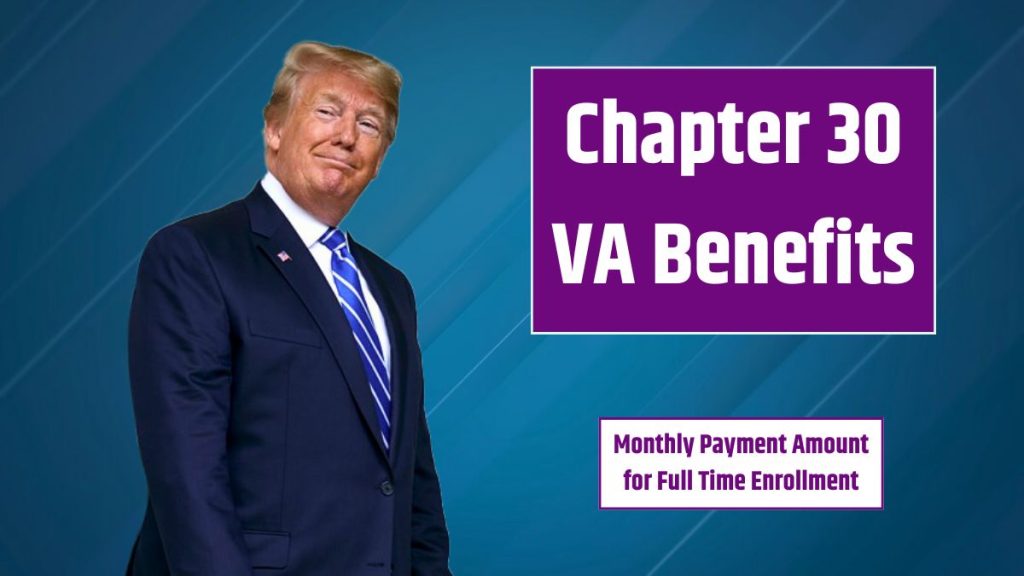SASSA’s Care Dependency Grant is a vital lifeline for families in South Africa caring for children with permanent and profound disabilities. Designed to ease the financial strain on caregivers, the grant ensures access to essential resources and care for vulnerable children under 18 years of age. Here’s an in-depth look at the grant, its purpose, eligibility criteria, and application process.
What Is the Care Dependency Grant?
The Care Dependency Grant is a financial assistance program offered by the South African Social Security Agency (SASSA). Caregivers of children under 18 with severe, permanent disabilities receive R530 per month to help cover caregiving-related expenses. These include:
- Medical treatments and supplies
- Specialized equipment
- Transportation for medical or therapy appointments
- Therapy and other essential services
This grant provides critical support, particularly for families facing the high costs of managing disabilities.
Eligibility Criteria for the Care Dependency Grant
To qualify for the Care Dependency Grant in 2025, applicants must meet these requirements:
1. Age Requirement
The child must be under 18 years of age.
2. Disability Assessment
A registered medical professional must confirm the child’s severe and permanent disability. A detailed medical report is a mandatory part of the application.
3. Income Means Test
Applicants must pass a means test to demonstrate financial need. Households exceeding the income threshold set by SASSA are not eligible.
4. Residency Status
Both the caregiver and the child must meet one of the following criteria:
- Be South African citizens
- Hold permanent residency status
- Be registered refugees residing in South Africa
5. Parental or Guardianship Status
The applicant must be the child’s biological parent, foster parent, or legal guardian.
How to Apply for the Care Dependency Grant
Applying for the Care Dependency Grant is a straightforward process, but preparation is essential to avoid delays.
Step 1: Visit a SASSA Office
Applications must be submitted in person at the nearest SASSA office.
Step 2: Gather Required Documents
Ensure you have the following:
- A certified copy of your South African ID or passport
- The child’s birth certificate
- A medical report confirming the child’s disability
- Proof of income, if applicable
- Proof of residency
Step 3: Complete the Application Form
Fill out the SASSA Care Dependency Grant application form accurately. Attach all supporting documents.
Step 4: Await Feedback
After submission, SASSA will review the application. This includes verifying the means test and assessing medical documentation. Approved applicants will be contacted directly.
Step 5: Appeal If Denied
If the application is declined, applicants can appeal the decision. Consulting a social worker for additional assistance is also an option.
Why the Care Dependency Grant Matters
While R530 per month may not seem like a significant amount, it provides crucial support for families struggling with the financial demands of disability care. The grant helps cover:
- Medical supplies and medications
- Specialized diets tailored to the child’s needs
- Therapy sessions to improve quality of life
- Transportation costs related to care
For many caregivers, this financial aid is a lifeline that helps them provide a better environment and care for their children.
The Broader Impact
The Care Dependency Grant is part of SASSA’s mission to alleviate poverty and inequality. By assisting caregivers of children with disabilities, the program supports both emotional and financial resilience. It empowers families to focus on providing the best possible care, ensuring children receive the resources they deserve.
Can I apply online for the Care Dependency Grant?
Currently, applications must be submitted in person at a SASSA office.
How long does it take for an application to be processed?
Processing times may vary, but applicants can typically expect feedback within a few weeks.
What should I do if my application is denied?
You can appeal the decision or consult a social worker for guidance on alternative assistance programs.










